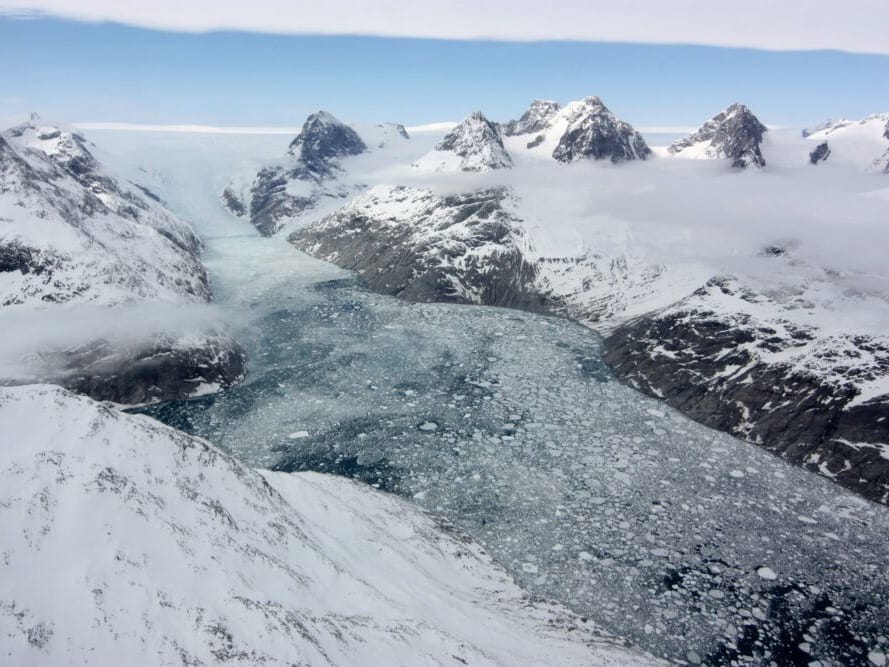The eight-nation Arctic Council reaffirmed its commitment to peace, stability and cooperation on Tuesday but avoided mentioning the global climate crisis that scientists and many others consider the world's top challenge.
Despite the Arctic region's melting ice and rising sea levels that pose a serious threat to life on the planet, the leading intergovernmental forum for the region only said it remains supportive of sustainable development and general "protection of the Arctic environment," according to a two-page joint declaration from ministers attending a summit in Rovaniemi, capital and commercial hub of Finland's northernmost province, Lapland.









